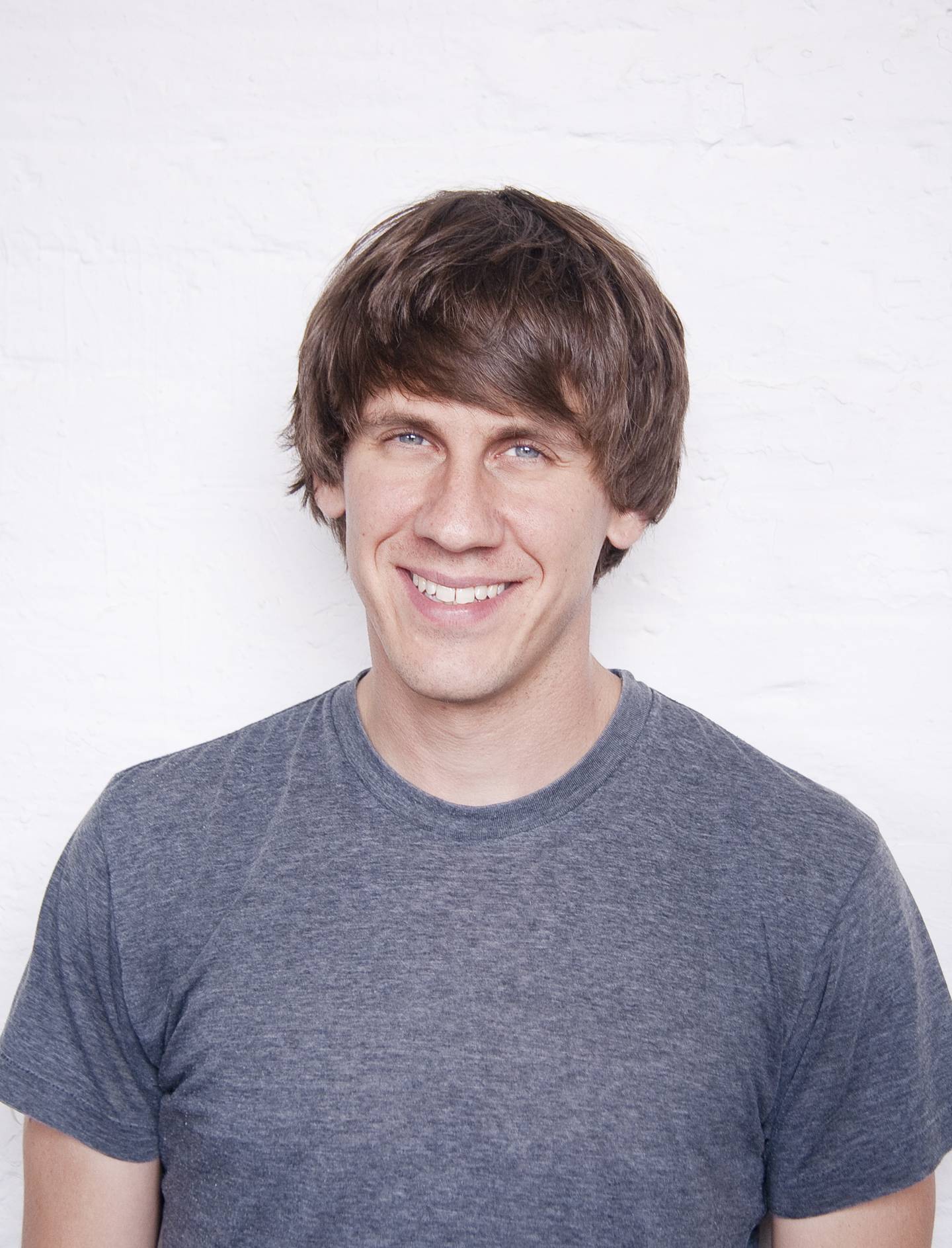100 Brains: Foursquare's Dennis Crowley and his geo-local revolution


Q. Foursquare continues to skyrocket in popularity and its popularity has seemingly eclipsed the use of Facebook's geolocation features. Why do you believe that is? Do you think it has something to do with the large number of influential early adopters?
A. I think one of the core differences between what we're doing and what Facebook is doing is our focus on trying to make your experience in the real world more interesting. Facebook is an amazing product for helping people connect and share online, but the core of Foursquare -- the DNA of our company -- is about taking everything we've learned about social and using it to change the way people interact with each other and the things around them when the lids on their laptops are down. I think people understand through the products how excited we are and they see the users that support us and the community we have around us. A lot of us have been thinking about this stuff for a long time. We're going to keep building these things until we build everything we want to build.
Q. There's a lot of talk about safety and geolocational services. Foursquare has taken good measures to try to inform and protect users with different types of available permissions. What else do you believe needs to be done to inform and educate users around these tools?
A. I think it's pretty clear when you use Foursquare it's pretty hard to accidentally share your location. We do that for a reason. We don't want those unexpected surprises. I generally find that the people who are up in arms about Foursquare privacy are the ones who don't use it. At some point we might remind people that they are at a familiar place and ask if they want to check in, but it will not be automatic. Education in the space in general is important. One of the important things about Foursquare is that it's teaching people about what a check-in app is, and how they can control their own privacy.
Q. Please share with me any important lessons you learned with Dodgeball that you are applying now and helping with your success with Foursquare?
A. Dodgeball was a lousy one-player experience. It was too social. It was designed around our experience at NYU to use with core groups of friends who wanted to locate each other. With Dodgeball, if you didn't have a bunch of friends it wasn't as fun. Foursquare was designed to be a one-player experience, with badges and mayorships. We threw everything interesting thing we could in there to see how people would respond to it. It worked.
Q. What is next for Foursquare? Will there be a stronger emphasis on partnering with businesses?
A. We're doing that now. We've gotten tens of thousands of businesses already signed up and verified with Foursquare and many of them are doing special promotions. This is happening all over the world. We want more businesses to sign up. We're thinking about ways to get them excited about Foursquare.
Q. What was your first online 'social' experience? It could be an old-school BBS, a legacy social network, or even a chat room. Compared to that, did you ever believe that social would come as far as it has now?
A. I used to be on Prodigy back in the day and I also used to run a BBS out of my parents house when I was in high school. It was all about video games. I'm so nerdy, but I swear to god it was cool.
Q. What's your most coveted Foursquare mayorship?
A. The Scratcher, our after work bar. I am not currently the mayor since I have been traveling the last two weeks but I am slowly trying to get that back. I don't care as much about being mayor of the Foursquare office but a lot of people at the office battle for it.
Q. Finally, what is one thought you'd like to leave with readers about the web, social, your company, etc.?
A. This job is a lot of fun. Plus, the timing is right that since there are so many people who understand what is great about Facebook and Twitter so it gives us a foundation. We can say to people, "We're kind of like Facebook or Twitter but we organize the real world for you" and that resonates. It's a perfect storm of good timing.